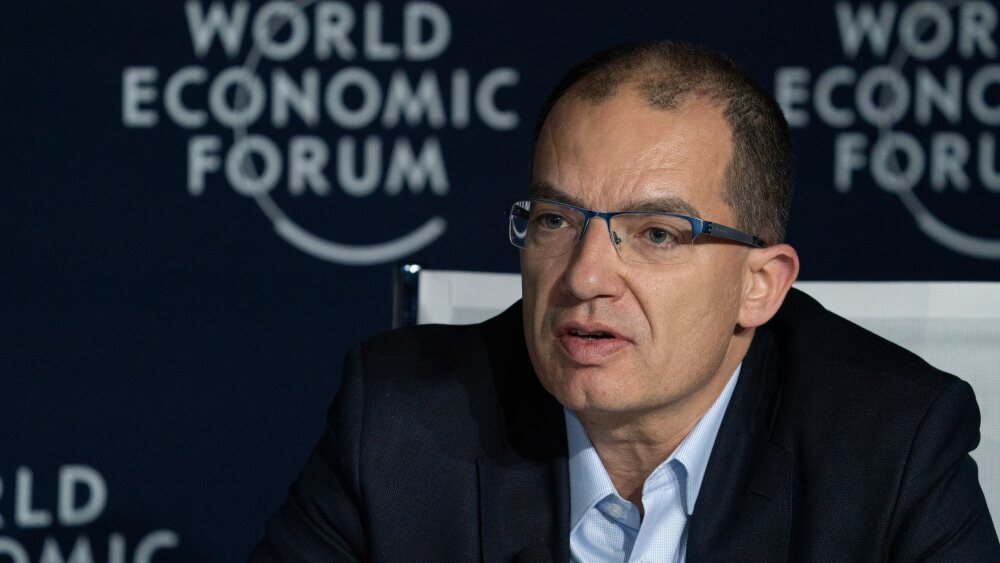BostonGene Corporation, a biomedical software company focused on defining optimal precision medicine-based therapies for cancer patients, today announced a research collaboration with the Medical College of Wisconsin (MCW) to analyze the role of the tumor microenvironment of pancreatic ductal adenocarcinoma (PDAC)
Analysis Aimed at Understanding Response to Therapy in Patients with Pancreatic Ductal Adenocarcinoma
WALTHAM, Mass.--(BUSINESS WIRE)-- BostonGene Corporation, a biomedical software company focused on defining optimal precision medicine-based therapies for cancer patients, today announced a research collaboration with the Medical College of Wisconsin (MCW) to analyze the role of the tumor microenvironment of pancreatic ductal adenocarcinoma (PDAC) in modulating the response to various therapies.
MCW, based in Milwaukee, is a distinguished leader and innovator in the education and development of the next generation of physicians, scientists, pharmacists and health professionals. With a mission to improve the health of the communities they serve, MCW discovers and translates new knowledge in the biomedical and health sciences while providing cutting-edge, collaborative patient care of the highest quality.
The research study aims to understand the molecular underpinnings of patients with PDAC treated with various therapies. As part of the collaboration, BostonGene will perform large-scale analytics on next generation sequencing (NGS data), including significant somatic alterations, gene expression patterns and enrichment of signaling pathways from an integrated cohort of PDAC patients. Additionally, BostonGene will apply comprehensive integrated genomic (whole exome sequencing) and transcriptomic (RNA-seq) analysis to characterize and classify the tumor and tumor microenvironment of PDAC patients with localized and metastatic disease and will match defined patterns with clinical outcomes. The results of this study could provide insight into the role of pancreatic cancer microenvironment in response to specific therapies and further improve therapy selection.
“We are pleased to collaborate with BostonGene for their sophisticated analysis of RNA-seq and exome sequencing,” said Ben George, MD, William F. Stapp Endowed Chair and Associate Professor of Hematology and Oncology at MCW and Medical Director of the Clinical Trials Office at the Froedtert & MCW Clinical Cancer Center. “By partnering with BostonGene we are one step closer to developing prospective, biomarker-driven clinical trials that could personalize treatment options and improve PDAC patient outcomes.”
“We are proud to partner with the Medical College of Wisconsin by bringing our next generation multi-platform analytics to the study of PDAC patients,” said Andrew Feinberg, President and CEO at BostonGene. “Our sophisticated NGS analysis will identify the genomic and transcriptional alterations that could serve as predictive biomarkers of response to therapy and improve patient outcomes.”
About BostonGene Corporation
BostonGene Corporation is pioneering the use of biomedical software for advanced patient analysis and personalized therapy decision making in the fight against cancer. BostonGene’s unique solution performs sophisticated analytics to aid clinicians in their evaluation of viable treatment options for each patient's individual genetics, tumor and tumor microenvironment, clinical characteristics and disease profile. BostonGene’s mission is to enable physicians to provide every patient with the highest probability of survival through optimal cancer treatments using advanced, personalized therapies. For more information, visit BostonGene at http://www.BostonGene.com.
View source version on businesswire.com: https://www.businesswire.com/news/home/20210427005688/en/
Source: BostonGene Corporation






